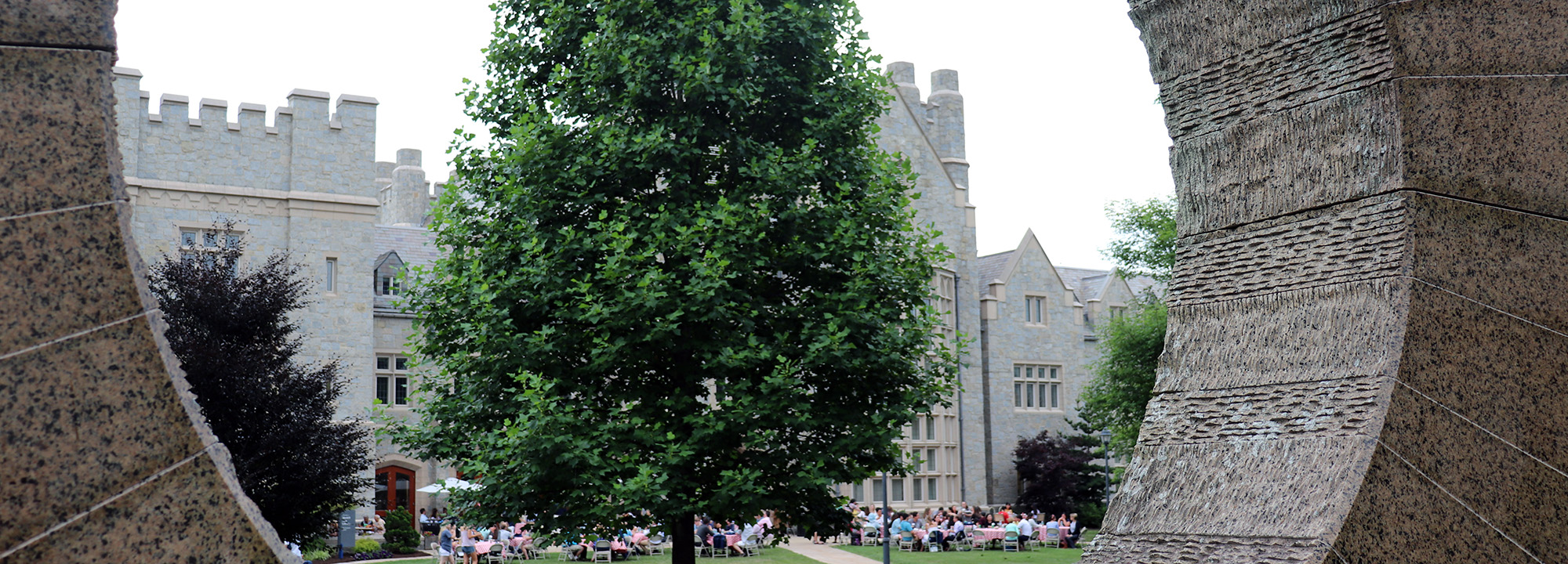
About
The University of Connecticut School of Law offers JD (juris doctor), LLM (Master of Laws) and SJD (Doctor of the Science of Laws) degrees. The JD program offers Day and Evening divisions. The UConn School of Law is accredited by the American Bar Association and is a member of the Association of American Law Schools.
The 17-acre UConn Law campus, consisting of five Collegiate Gothic buildings in the West End of Hartford, is listed on the National Register of Historic Places. The five-story Thomas J. Meskill Law Library is one of the largest law libraries in the world. The campus lies 25 miles from the University's main campus in Storrs and just a few miles from the University's Hartford Campus, as well as the state Capitol, state courts and the headquarters of leading insurance companies and other major corporations.
The faculty includes leading scholars, experienced practitioners and internationally known experts in a wide range of fields. The school also draws dozens of adjunct faculty members from the judiciary, area corporations and private practice. At 6:1, the student-faculty ratio is among the lowest in the nation, and academic offerings include more than 150 courses each calendar year. The law school also has 13 clinical programs and six field placement programs.
Upcoming Events
-
Feb
7
2025 CATIC Symposium 8:00am
2025 CATIC Symposium
Friday, February 7th, 2025
08:00 AM - 12:00 PM
UConn Law
The racial wealth gap in the United States has witnessed alarming growth in recent years, with BIPOC households now possessing less than 25% of the wealth held by their white counterparts. A substantial portion of this wealth gap can be attributed to disparities in housing. Owning a home remains a principal method for building and transferring wealth, constituting approximately 70% of an individual’s net worth. However, challenges such as housing discrimination, restrictive zoning laws, income disparities, and lending practices have created barriers to homeownership, particularly for BIPOC individuals and first-time homebuyers.
Real estate lawyers and practitioners have a unique opportunity to address this critical issue by creating new pathways to homeownership for increasingly diverse communities. We invite you to join this critical examination of how real estate law plays a pivotal role in the short-term provision of affordable housing to underserved communities and, in the long term, contributes to the wealth accumulation of Black individuals and families.RSVP coming soon! If you require a reasonable accommodation for a disability, please contact the Law School at 860-570-5079 or via email at law.studentservices@uconn.edu at least two weeks in advance.